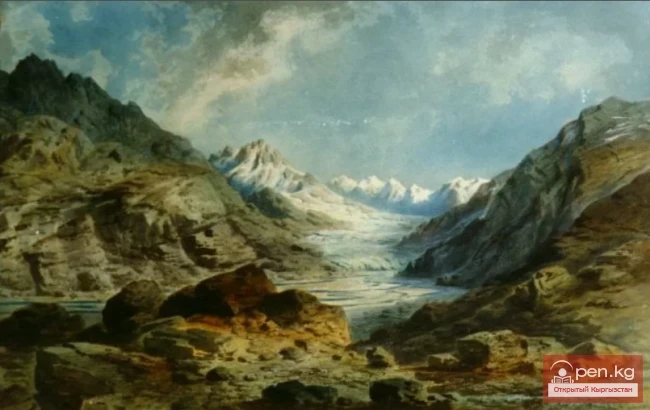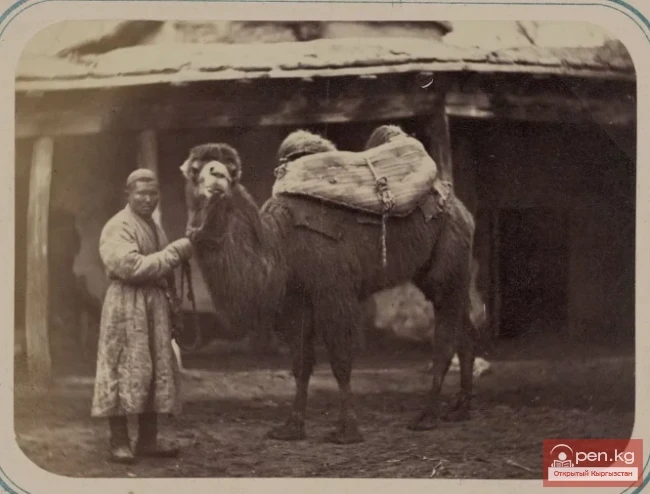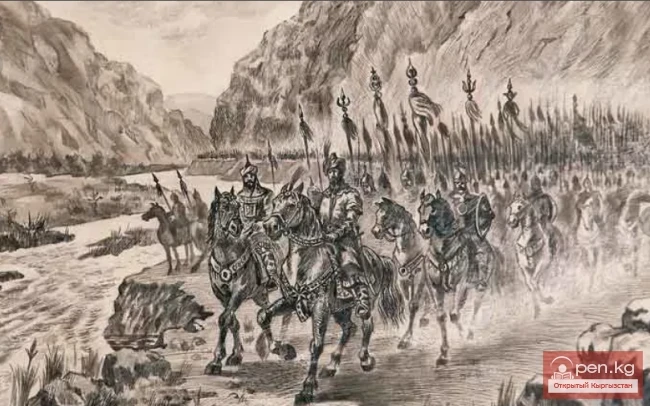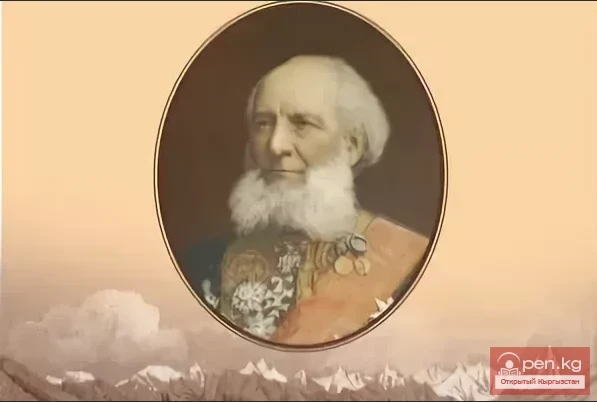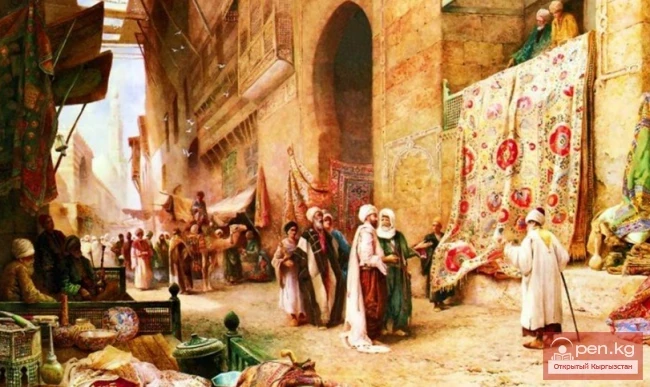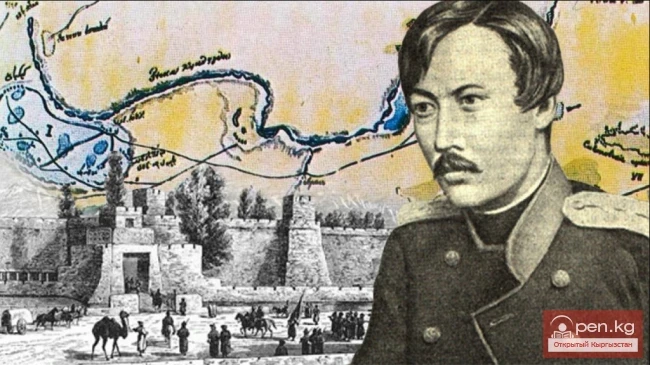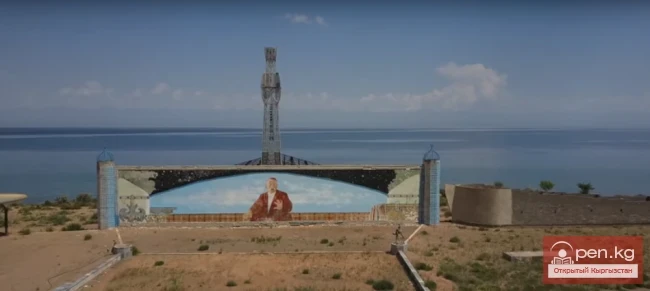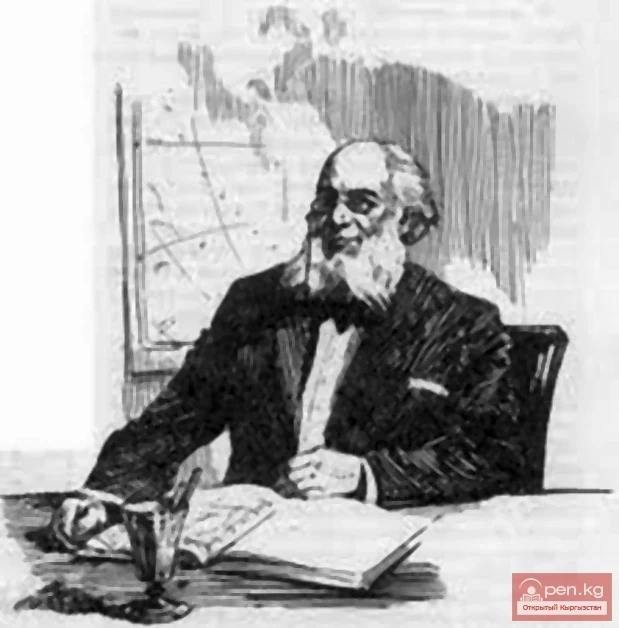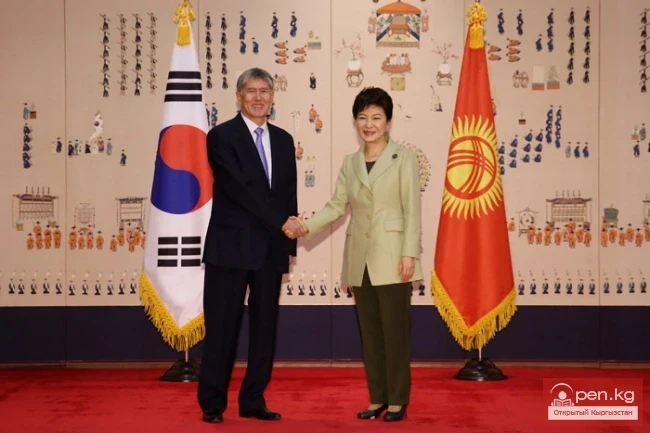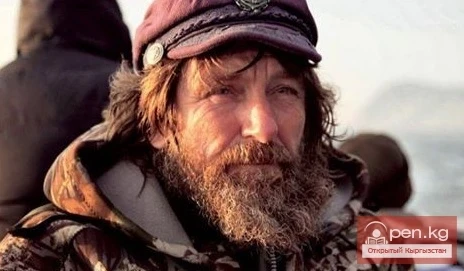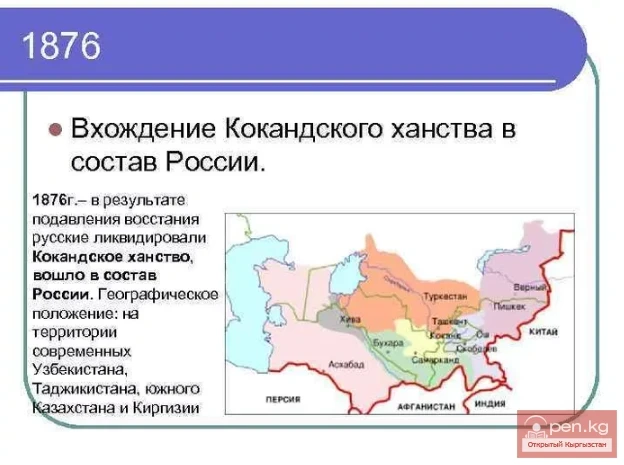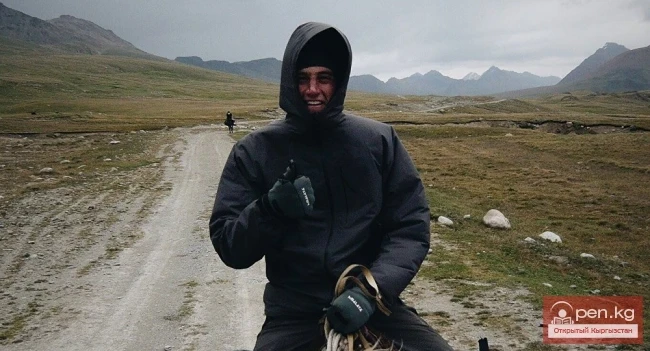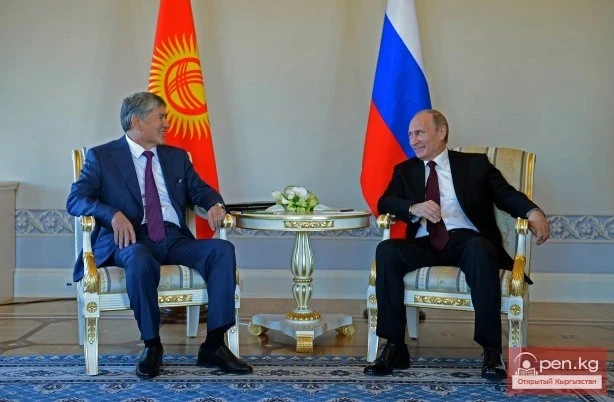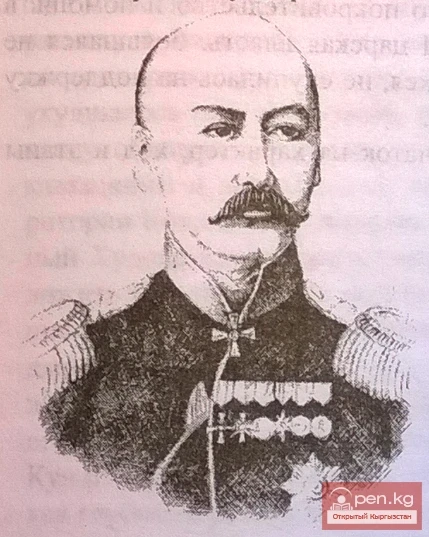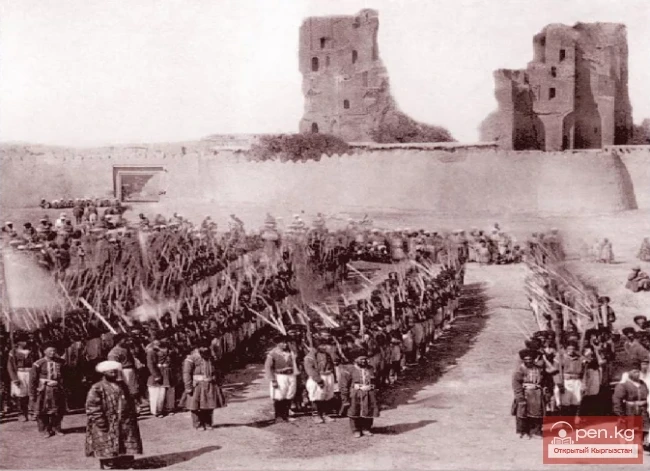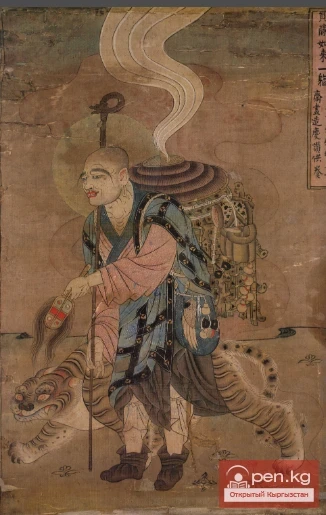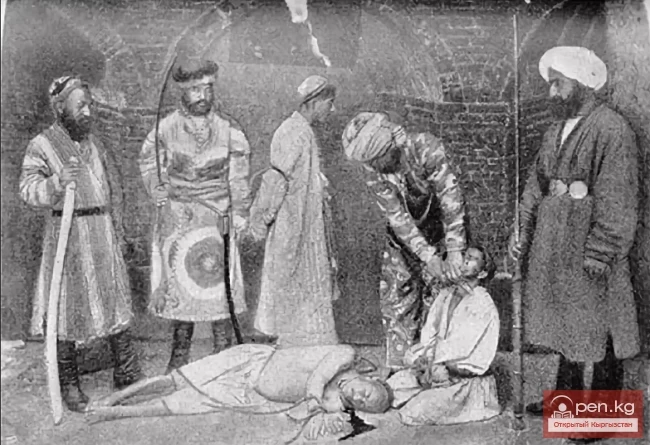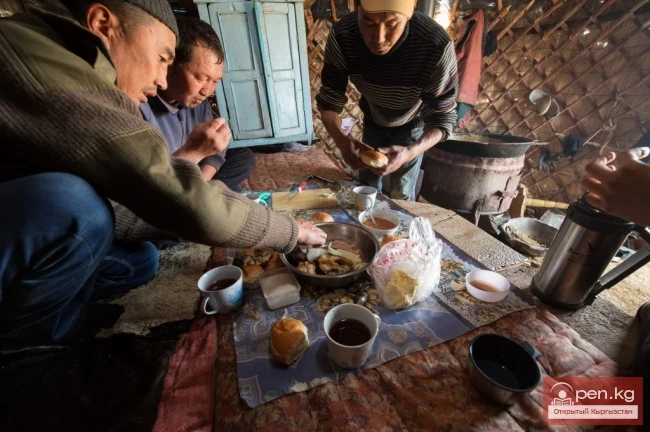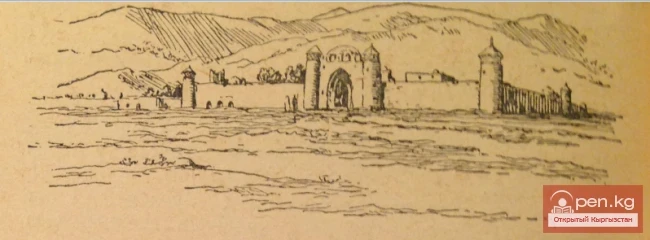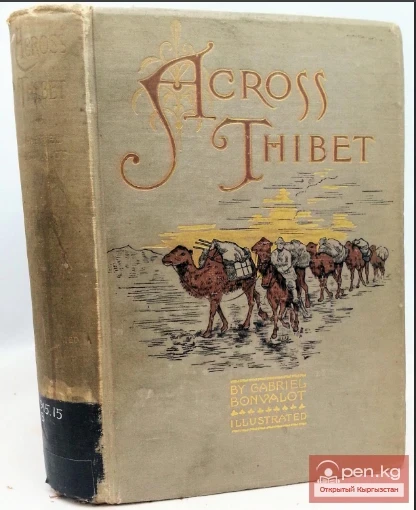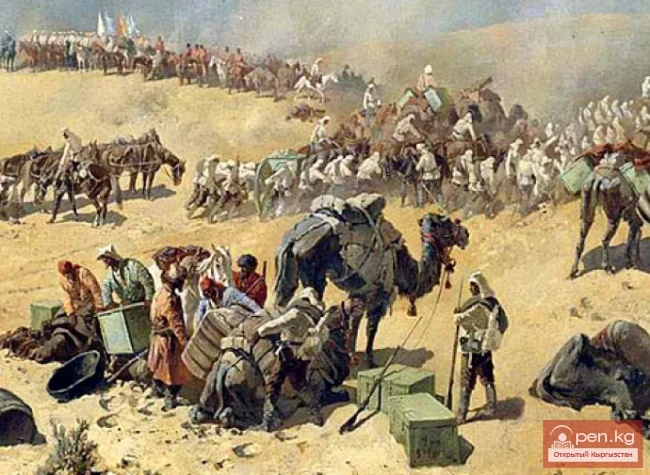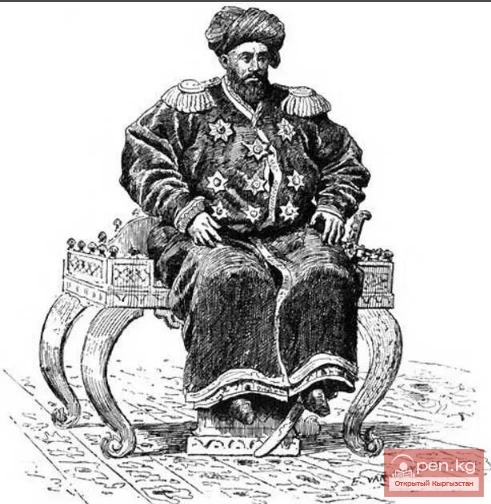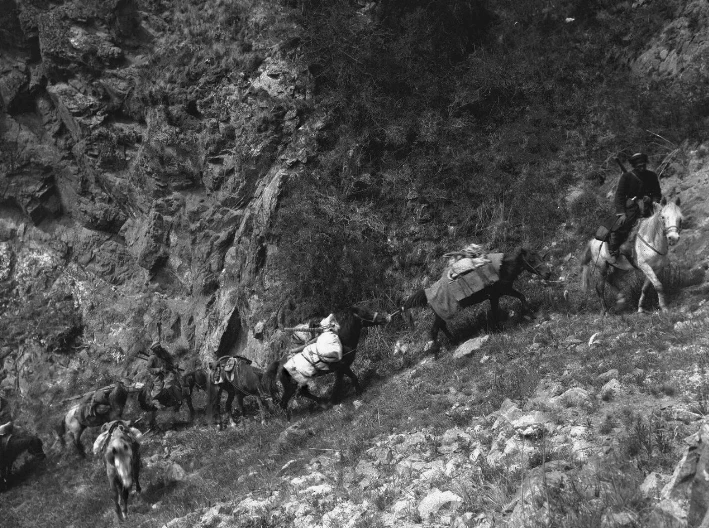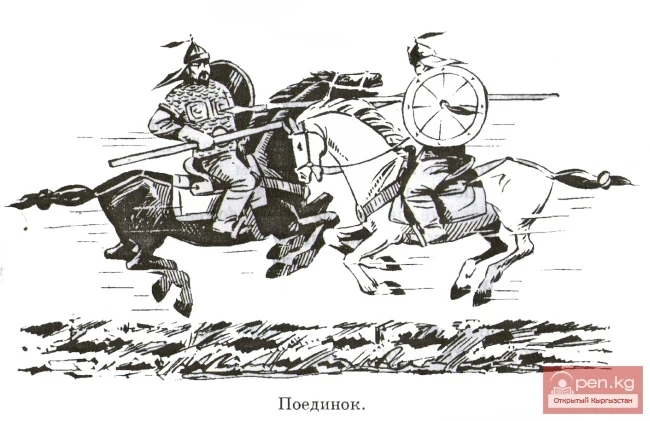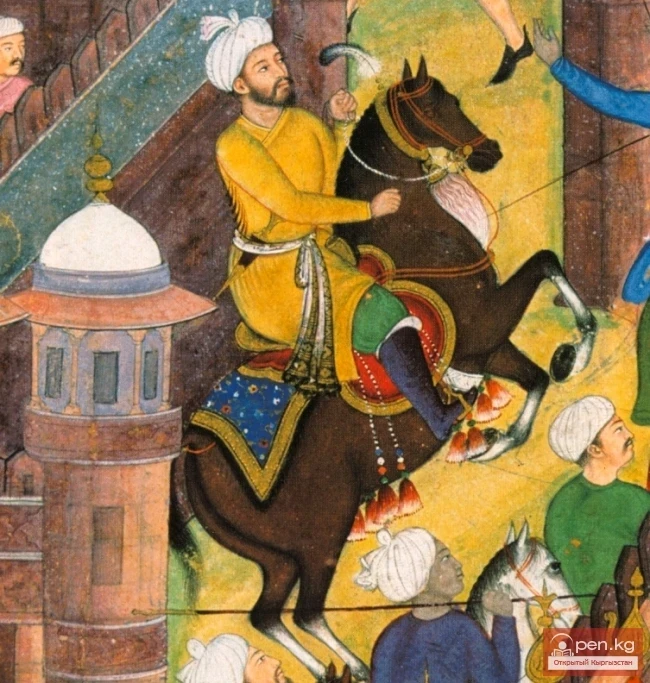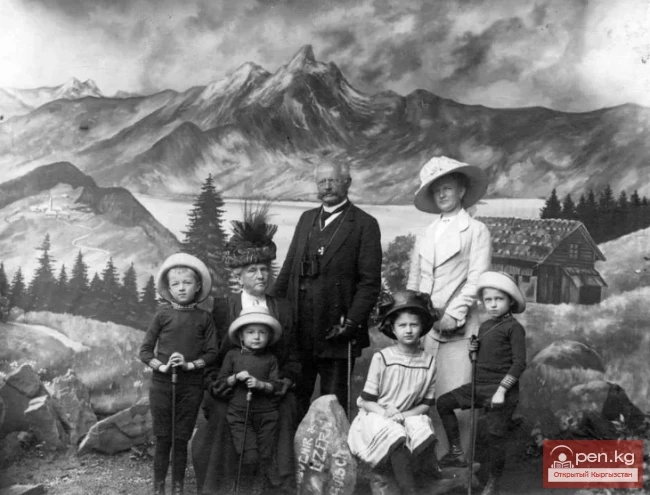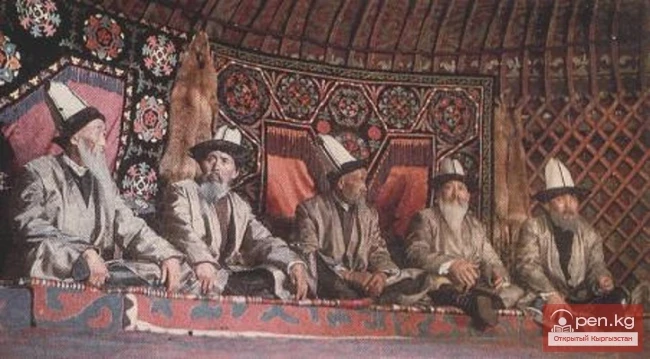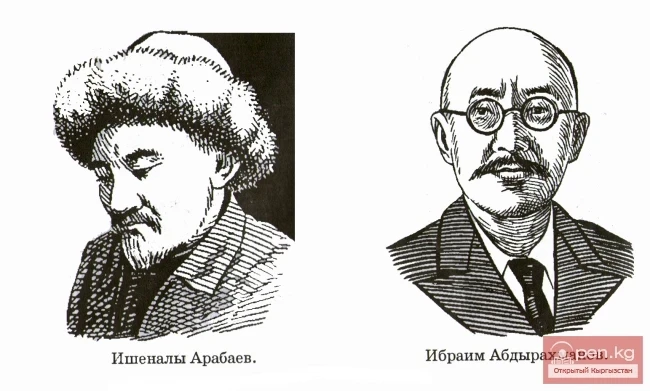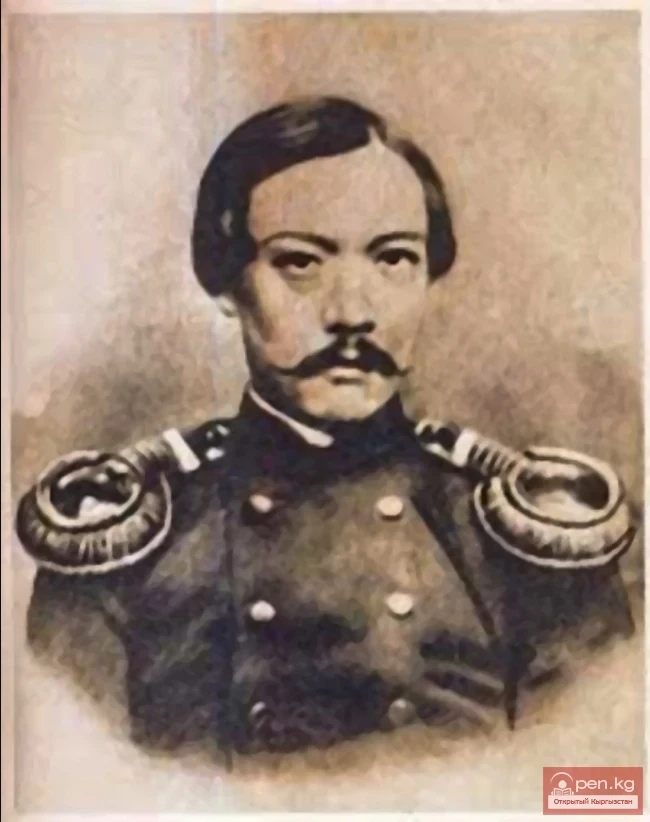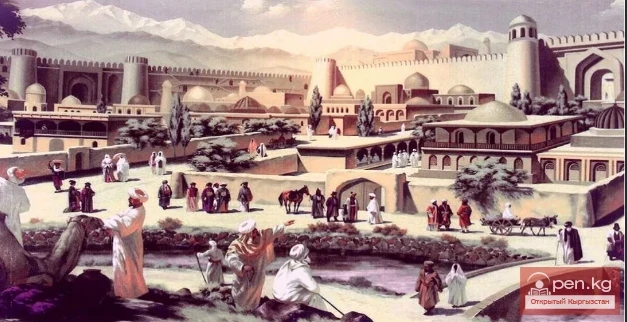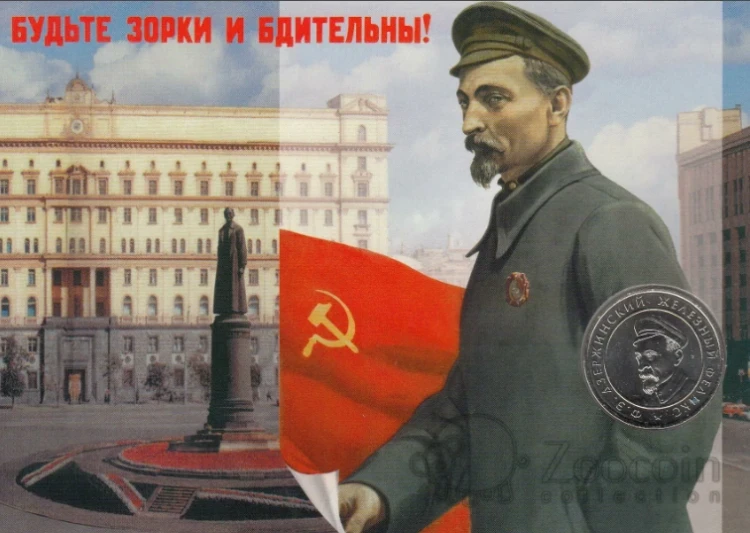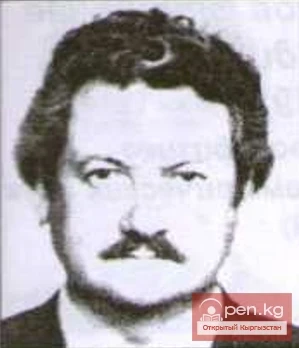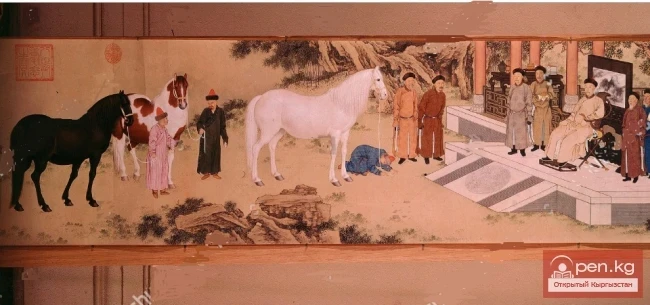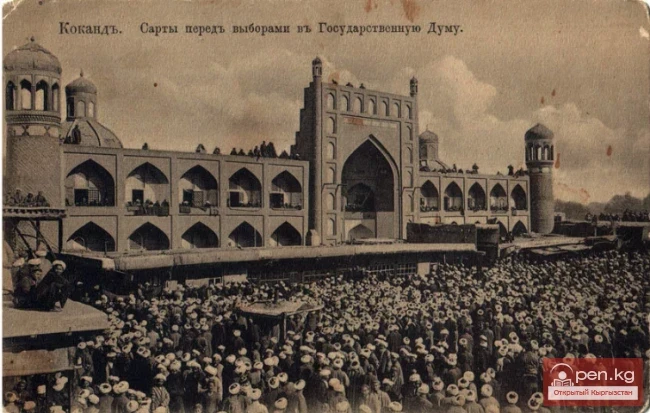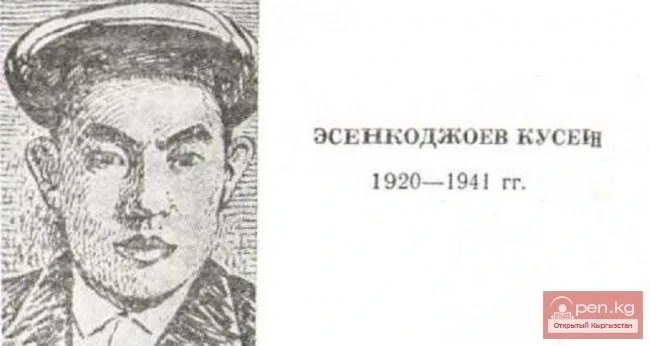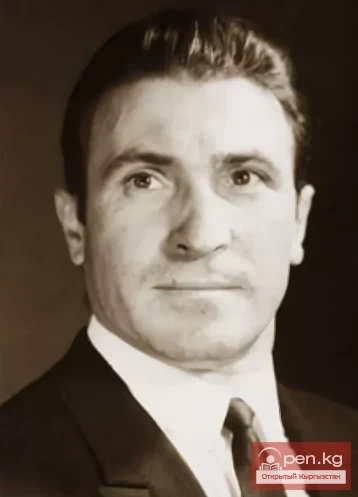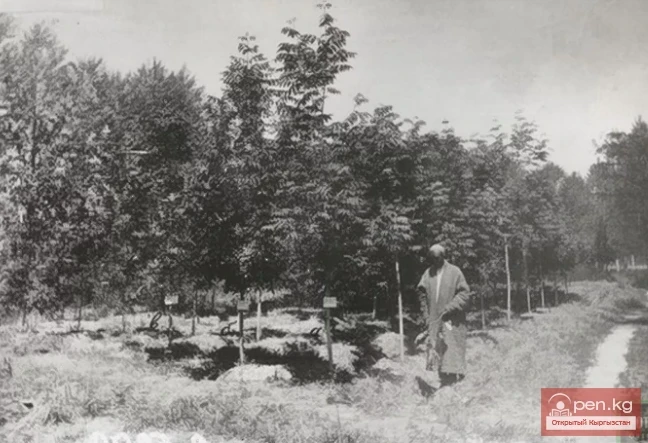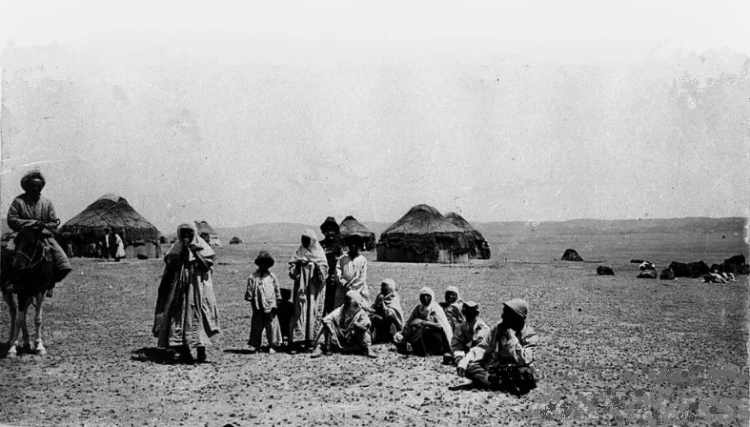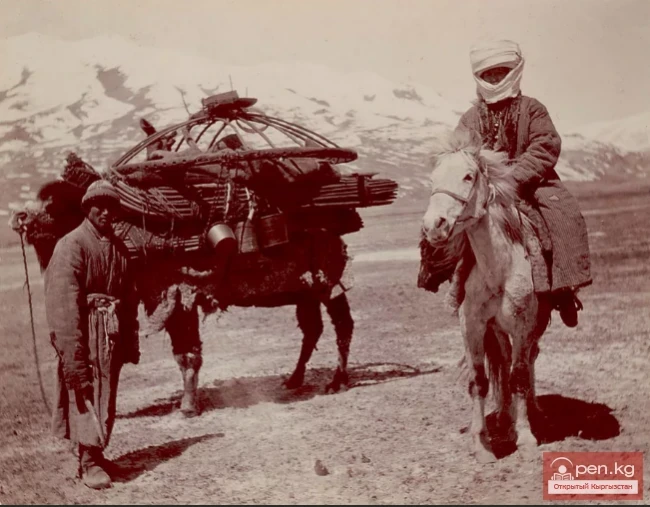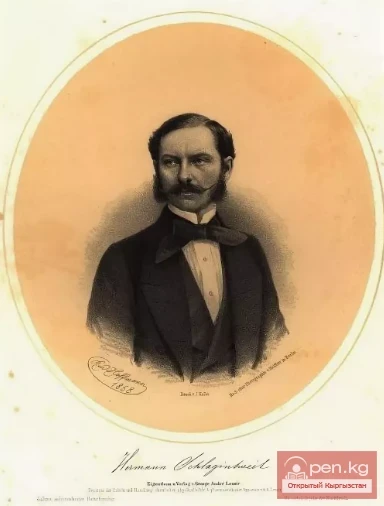
ADOLPH SCHLAGINTWEIT
In early 1857, the German traveler Adolph Schlagintweit, who had been wandering in India for a long time, met in Punjab, in the city of Sultanpur, with the Uyghur Muhammad-Amin, a native of Yarkand. Muhammad-Amin, who had previously enjoyed the patronage of the English, offered to guide Schlagintweit to Kashgaria and further into the Khanate of Kokand.
The proposal seemed enticing to Schlagintweit. Kashgaria... Until now, science had no reliable information about this remote corner of the globe, isolated from the rest of the world by the highest mountain ranges. Schlagintweit knew that the famous Venetian traveler Marco Polo had visited Kashgar in 1272, and the Jesuit Gaes in 1603, but everything they reported about Kashgar was now of purely historical interest and could not provide a complete picture of this country even at that time.
Rumors had reached Schlagintweit that just recently a chance wind had blown an Englishman, an officer of the East India Company, into Kashgar. The Chinese, who had reasons not to trust the English, beat him to near death with bamboo sticks, and the unfortunate officer hurried to make his escape...
And now Muhammad-Amin offers to guide Schlagintweit there... They sat across from each other, legs crossed in the Eastern manner, drinking tea — the dry, sun-baked face of the Uyghur and the young, light-haired German with clear gray eyes... Listening to Muhammad-Amin's leisurely tale, Schlagintweit dreamed. Yes! He would visit Kashgar. Moreover, he would be the first European to reach the mysterious Heavenly Mountains — Tian Shan — from the south, cross them, enter the Khanate of Kokand, and from there — to Russia, thus undertaking an unprecedented journey in the history of geography. Schlagintweit did not delude himself with fantasies about easily achieving his goal. No, he knew very well that his path would be difficult and dangerous: he would have to cross one of the highest mountain ranges in the world, the Karakoram, overcome waterless deserts, and traverse lands engulfed in civil wars. But Schlagintweit was not afraid — the young traveler was not one to shy away from challenges...
Schlagintweit traveled through the Karakoram along untraveled paths, rejecting ancient caravan trails; at the head of a caravan of several dozen porters hired in Kashmir, he moved toward the unknown.
Enormous mountain ranges crowned with sharp icy peaks rose around him. The caravan moved through narrow gorges, as if carved by a single blow of a giant sword, and then ascended to open passes exposed to all winds. At first, there were still forests of cedar, birch, and aspen on the slopes, but soon they were left far behind, and the caravan entered the zone of barren highlands. At first glance, the highlands seemed to be a lifeless pile of rocks, but upon closer inspection, Schlagintweit noticed wind shelters, blooming bushes of low alpines, curious marmots resembling little tailed bear cubs from a distance, and sometimes high in the sky, a majestic black vulture glided on its widely spread wings, searching for carrion... Watching it, Schlagintweit sometimes thought with a slight smile that such a case was not excluded: someday the black vulture would interrupt its flight, circle over one spot, fold its wings, and with a screech, fall to the ground next to his, Schlagintweit's, lifeless body... But sad thoughts rarely troubled the traveler — youth is self-assured and does not believe much in the inevitability of death...
The glacial ice caps were drawing closer, only occasionally pierced by the black ribs of rocks. The glaciers turned a gentle pink at sunset, shimmering blue in the pre-dawn twilight, but Schlagintweit knew that fierce winds often tore from them, and more than one caravan had perished in a snowstorm...
They found no shelter anywhere. Only once did they come across the ruins of a small fortress, built, as legend had it, in the time of Alexander the Great.
Unable to withstand the hardships of the journey, one of Schlagintweit's servants fled on horseback. He sent another servant after him, but the messenger, it seems, joined the fugitive, and they disappeared together... At that time, the caravan was on a waterless plateau, surrounded by mountains on all sides. No one knew how to escape from the mountain ring, where the road lay ahead.
The water in the skins was running out, and what little was left — rancid and strongly smelling of leather — was strictly rationed.
After long wandering, they noticed from a hill a small lake, hidden among the wind- and sun-eroded rocky outcrops. At first, no one paid attention to its strange reddish color, and Schlagintweit felt how the exhausted people perked up... The water in the lake turned out to be salty, and this overflowed the cup of patience — long-standing discontent burst forth, and the porters declared that they would go no further.
Schlagintweit, as tired as anyone else, lost his temper and, with two pistols in hand, approached the grimly silent porters, but Muhammad-Amin hurried to block his way. No, action must not be taken this way; threats would not break the rebels — they knew their strength and their superiority in numbers too well. The cunning Muhammad-Amin resorted to persuasion, promising rewards for the submissive.
Then Schlagintweit, losing his patience, ordered those who wanted to leave to go; the porters split into two groups, one going back, while the other stayed with the traveler.
At the last pass, from which the descent into the vast Tarim Basin began, the caravan was caught in a snowstorm. Under the protection of the rocks, the people struggled to set up yurts and, huddled together, waited out the bad weather. In the middle of the night, the wind calmed down a bit, and Schlagintweit went outside. He did not recognize the surroundings — everything was buried under snow, but the storm was already ending: in the gaps between the low, swiftly flying clouds over the pass, silver points of stars began to shine more frequently... Schlagintweit returned to the yurt and fell asleep peacefully.
In the morning, it turned out that Muhammad-Amin's servants had stolen all the horses and disappeared. Deep, dark tracks marked in the snow led down to the plain. Enraged, Schlagintweit sent loyal men after them, led by Muhammad-Amin, ordering them not to return without the horses. That was all that was missing — almost reaching their goal, to be left without pack animals and helplessly sit on the pass!..
Left in the deserted camp, Schlagintweit occupied himself with sorting through diaries and drawings. Yes, the most difficult part of the journey, through the desolate mountains, was already behind, but ahead awaited him, perhaps, a more complex trial — meeting with the indigenous population, which was suspicious of all Europeans. And Schlagintweit thought gloomily that he would prefer to cross two more ridges like the Karakoram, just to avoid risky encounters with local despotic rulers.
By evening, the servants returned with seven confiscated horses. Muhammad-Amin continued the pursuit. It was risky to stay on the pass, and Schlagintweit began the descent from the mountains, not waiting for the entire caravan to gather. Muhammad-Amin joined him already in the foothills, in the small village of Soyad-ulla-khodja.
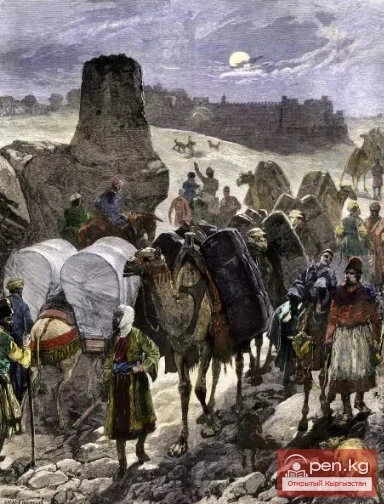
Contrary to Schlagintweit's expectations, the local inhabitants greeted the caravan warmly, and the weary travelers could rest peacefully. However, the calm was soon somewhat disturbed: rumors reached Soyad-ulla-khodja that war was again raging in Kashgaria, although it was unknown who was fighting whom.
Two roads led from Soyad-ulla-khodja to the Khanate of Kokand: a direct one through Kashgaria and a longer detour leading to the city of Osh. After a brief reflection, Schlagintweit chose the first, shorter one. But cautious Muhammad-Amin, upon learning of the saib's decision, warned him: the short road is not always the easiest road; is it not better to choose the longer, but more peaceful way?..
Encouraged by the good reception from the locals, Schlagintweit did not listen to the guide and only after persistent persuasion agreed to send his servant Murad ahead for reconnaissance. Without waiting for his return, the caravan set off and slowly moved toward Kashgar...
They walked along the very edge of the giant desert, and Schlagintweit compared himself to a traveler who had stepped onto the shore of the sea, not knowing how far it stretched and what countries lay beyond it. The sandy waves of the desert sometimes approached the foothills, to the green oases along the banks of small rivers with icy water, originating in the high mountain zone. These weak rivers could not fight against the desert and disappeared as soon as they reached its edge; yet they still brought water, and with it life to these harsh lands, with cold winters and scorching summers... Schlagintweit thought that once the Venetian Marco Polo had traveled this ancient caravan route with his brothers, and now Schlagintweit had no doubt that the path would lead him to Tian Shan and that he would be the first European to see the giant volcanoes — the fire-breathing mountains, above which day and night enormous plumes of smoke and ash rise, illuminated from below by unquenchable flames... This would be a magnificent gift to the great geographer Humboldt, Schlagintweit's teacher, who had predicted their existence based on theoretical constructions...
Murad brought joyful news: Kashgaria had been conquered by the Khan of Kokand! Schlagintweit could not hide his delight and even familiarly patted Muhammad-Amin on the shoulder. But the worldly-wise Muhammad-Amin continued to insist on his point.
— Saib, the Khan of Kokand would never dare to lead his troops so far, especially against the great Chinese Empire,— he insisted.— It is the Kokand noblemen (the barasaibs), the khodjas who are stirring up trouble, and it is dangerous to trust them...
— We are going to Yarkand,— Schlagintweit interrupted him with excessive sharpness and pronounced the French proverb aloud: — Who does not take risks, does not win.
Muhammad-Amin did not understand, but, folding his hands over his chest, bowed humbly.
...The troops of Tilly-khan, surrounding Yarkand, were preparing for a decisive assault. Schlagintweit approached the camp in the midst of military preparations, but Tilly-khan still allowed him to see him, graciously accepted gifts, flattered him, and even ordered to supply him with food supplies. He promised to personally introduce him to the powerful khodja Valikhan, as soon as he took the rebellious Yarkand and cut off the heads of the townspeople.
However, these promises were not destined to come true: the Chinese garrison, reinforced by the warlike Yarkandis, emerged from the city and utterly defeated Tilly-khan's troops...
Along with the retreating troops, Schlagintweit, Muhammad-Amin, and their servants fled toward Kashgar. They approached it at a time when rumors swept through the country about the approach of a huge Chinese army sent to deal with the khodja. The gates of the city, preparing for a siege, closed to everyone.
And yet, Schlagintweit and his servants managed to penetrate into Kashgar...
Chokan Valikhanov. Part 1
